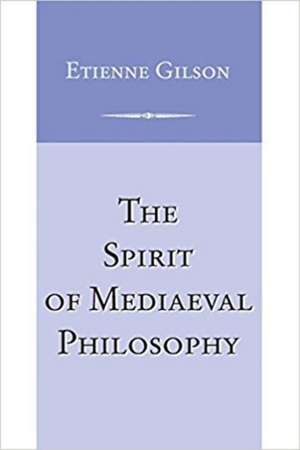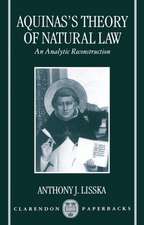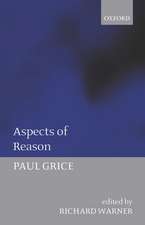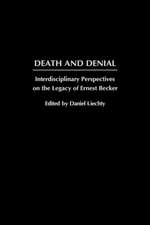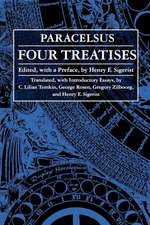Spirit of Mediaeval Philosophy, The
Autor Etienne Gilsonen Limba Engleză Paperback – 29 apr 1991
| Toate formatele și edițiile | Preț | Express |
|---|---|---|
| Paperback (1) | 242.84 lei 6-8 săpt. | |
| MR – University of Notre Dame Press – 29 apr 1991 | 242.84 lei 6-8 săpt. | |
| Hardback (1) | 834.30 lei 6-8 săpt. | |
| MR – University of Notre Dame Press – 30 iul 2017 | 834.30 lei 6-8 săpt. |
Preț: 242.84 lei
Nou
Puncte Express: 364
Preț estimativ în valută:
46.47€ • 49.69$ • 38.74£
46.47€ • 49.69$ • 38.74£
Carte tipărită la comandă
Livrare economică 18 aprilie-02 mai
Preluare comenzi: 021 569.72.76
Specificații
ISBN-13: 9780268017408
ISBN-10: 0268017409
Pagini: 504
Dimensiuni: 140 x 209 x 27 mm
Greutate: 0.68 kg
Ediția:1
Editura: MR – University of Notre Dame Press
ISBN-10: 0268017409
Pagini: 504
Dimensiuni: 140 x 209 x 27 mm
Greutate: 0.68 kg
Ediția:1
Editura: MR – University of Notre Dame Press
Recenzii
“The Spirit of Mediaeval Philosophy is a text of tremendous value—perhaps most especially so in our own particular period in the history of philosophy. Gilson’s book does more than merely overturn a few erroneous notions about mediaeval thinking; it works to remind its reader what it means to think and live within the structure of a metaphysical world-view.” —Faith and Culture
Notă biografică
Etienne Gilson was born in Paris in 1884. He became Professor of Mediaeval Philosophy at the Sorbonne in 1921, and from 1932 until his retirement in 1951, he held a similar chair at the Collège de France. From 1929 until his death, he was affiliated with the Institute of Mediaeval Studies at the University of Toronto.
Descriere
In this book (a translation of his well-known work L'esprit de la philosophie medievale), Etienne Gilson undertakes the task of defining the spirit of mediaeval philosophy. Gilson asks whether we can form the concept of a Christian philosophy and whether mediaeval philosophy is not its most adequate historical expression. He maintains that the spirit of mediaeval philosophy is the spirit of Christianity penetrating the Greek tradition, working within it, and drawing out of it a certain view of the world that is specifically Christian. To support his hypothesis, Gilson examines mediaeval thought in its nascent state, at that precise point where the Judeo-Christian graft was inserted into the Hellenic tradition. Gilson's demonstration is primarily historical and occasionally theoretical in suggesting how doctrines that satisfied our predecessors for so many centuries may still be found conceivable today.
